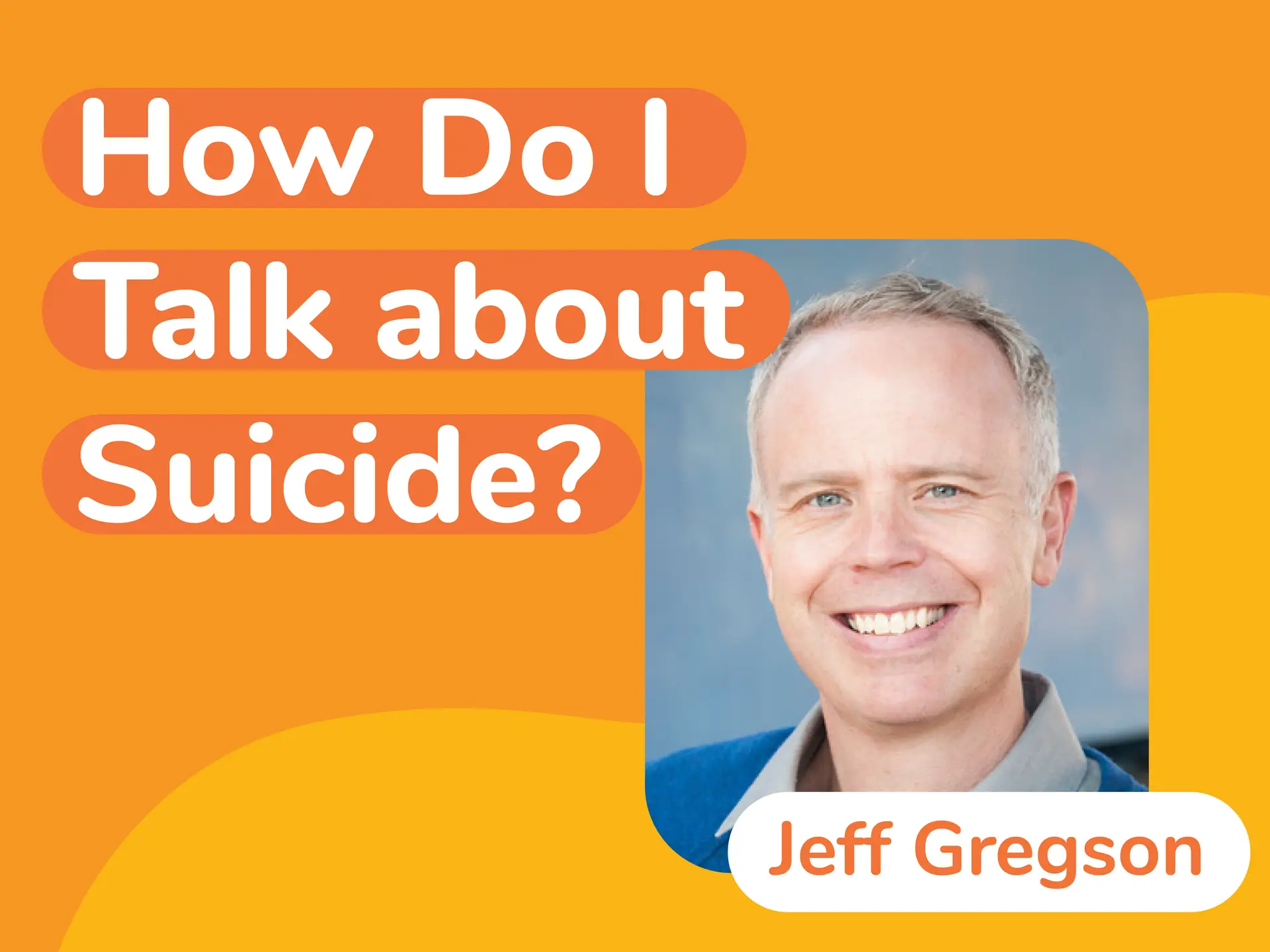As a counselor I often find myself in difficult conversations because, after all, that’s my job. There are times when I wish I didn’t have to ask certain questions or give hard to hear advice. I have felt at times that I was being intrusive and worried that what I was saying would make my client’s pain worse.
The day this all changed for me was when I met with a young lady who had lost her mother to cancer. She was quick to tell me that she just wanted to talk to someone about her mother. She shared with me that she could see the fear in people’s eyes as she spoke with them. She could see the mental gymnastics they would play as they tried to casually talk about everything but her loss. She wanted so desperately to keep her mother close through the recollection of stories and memories. It was after this meeting with this young lady that I realized, although I felt uncomfortable, she felt comforted. I was humbled to be the one whom she shared her stories with. I decided at this point that I would have the difficult conversations and I would ask the difficult questions because this is what helped.
The questions we must ask those who are struggling with suicide are much like those we ask regarding the death of a loved one. What can often hold us back is the fear that we don’t know what to say and how to say it.
To help with these difficult conversations, let’s discuss 4 common myths when talking to someone with suicide and self-harm thoughts.
Myth: Talking about suicide will increase suicidal thoughts.
Fact: Talking about suicide provides the opportunity for communication. Fears shared are more likely to diminish. The first step, in encouraging a person with thoughts of suicide to live, comes from talking about those feelings. A simple inquiry about whether or not the person is intending to end their life can start the conversation.
Myth: People say they are suicidal just to get attention.
Fact: Talking about suicide can be a plea for help and it can be a late sign in the progression towards a suicide attempt. Those who are most at risk will show other signs apart from talking about suicide. These signs could include isolating, giving away possessions, substance use, and not engaging in activities they typically enjoy.
Myth: You can’t talk to someone about self-harm/suicide if you’ve never experienced it.
Fact: While having had experienced suicidal thoughts can help you relate, it’s not a requirement to help someone feeling suicidal. What is important is that you don’t pretend to know when you don’t. Simply listening, and being there for your loved one, is the best comfort you can give.
Myth: People who are suicidal are selfish.
Fact: Many people attempt suicide because they believe their continued existence only burdens their loved ones. In other words, they aren’t thinking about themselves when they make a suicide plan. Instead, they truly believe their death will improve the lives of the people they care about most.
The next question you’re probably thinking is how do I best talk to someone who is struggling with suicide? Here are four ideas that can guide you to having a compassionate and helpful conversation. Think: “Be a Friend” to help you remember the steps.
Be direct. Using the word “suicide” in a direct way says, “We can talk about this here.” It’s important to use the direct language of “suicide” rather than “hurting yourself,” because these are different.
Empathize or sympathize. As previously mentioned, if you’ve experienced suicidal thoughts, share your experience. Often feeling alone is one of the worst parts in feeling depressed and suicidal. By sharing your story of suicidal ideation, you gain common ground. However, if you don’t understand how it feels, then sympathize by making statements regrading how hard it must feel.
Ask them what helps. Don’t be afraid to ask them what they need. In most cases they won’t know what to ask for but, by asking, you are showing that you want to understand the best you can. Your goal is to make every attempt to understand what they are feeling.
Friendship. Letting someone know that you care about them, regardless of how they are feeling, is always good to hear. People who are suicidal often feel as though they are a burden to others. Helping them understand that friends are there for the good times, and the hard times, can be reassuring. Often individuals who experience depression and suicidal thoughts are very empathetic. Reminding them that they would do the same thing for you is an effective way of dissolving some of the guilt.
Remember, talking to someone about their suicidal thoughts can be very uncomfortable and emotionally difficult. Please be sure and recognize that it’s not your job to “fix” or end the struggle for your loved one. Just like you can’t bring back the loss of an individual, you can’t end suicidal thoughts, but you can help ease the pain. It’s important that you encourage your loved one to seek professional help from a counselor and their doctor. There is absolutely help and hope in overcoming these dark thoughts.
About the author:
Jeff Gregson is a licensed professional counselor, working in private practice in Fruit Heights, Utah. He’s worked in international therapeutic boarding schools, was the director of a specialized adolescent psychiatric hospital, and has worked with families in their homes across the country. He’s been featured on KSL radio, completed aftercare counseling for the TV program Hoarders, and has worked with various high profile clients from London to Singapore. However, despite his work in the world community, his passion lies in helping his neighbors and the anxiety community through AllThingsAnxiety.com and Connect-Conquer.com.

